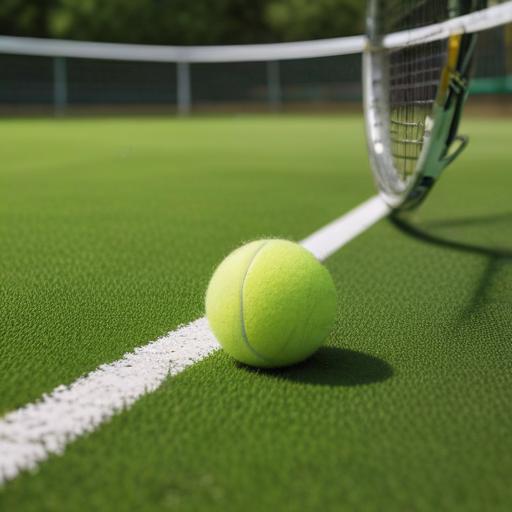Nicolás Jarry is facing substantial challenges as he competes at Wimbledon, not just with his tennis skills but also against a rare medical condition known as vestibular neuritis. The Chilean player, a former world No. 16 and recent finalist in the 2024 Rome Masters, currently holds a ranking of No. 144, which reflects a tumultuous recent period that includes a difficult 6-13 record this year.
In a candid interview, Jarry explained the unique hurdles he has encountered after missing significant playtime due to his condition. Even though he suffered tough losses against players like Grigor Dimitrov and Frances Tiafoe, he remains optimistic about his performance. He notes that his current ranking does not accurately represent his potential or abilities.
Expanding on his experience, Jarry shared that vestibular neuritis has not only affected his balance but has begun to impact his vision as well. He is scheduled to consult an ocular vestibular specialist to better understand his symptoms, admitting, “I still get dizzy easily, but the impact on my vision is something new.”
The mental challenge of this struggle has been as significant as the physical aspect. Jarry stated, “I’ve had to work hard on accepting what this has meant for both my tennis and personal life.” However, he emphasizes the positive side, including an appreciation for the journey, as he strives to improve.
Motivated by a desire to regain his prior status in the sport, Jarry is supported by his family, whom he treasures deeply. He expresses gratitude for having them accompany him during travels, noting the emotional strength they provide. As he prepares to take on eighth seed Holger Rune in his first match at Wimbledon, Jarry acknowledges the additional joy experienced alongside his young children, who are already expressing interest in tennis.
Despite the setbacks, Jarry remains hopeful. He views each obstacle as an opportunity for growth, reinforcing the importance of self-belief and personal happiness over ranking positions. His story exemplifies resilience and the power of support systems in navigating the highs and lows of professional sports, making it clear that sometimes the most significant victories happen outside of the competitive arena.
